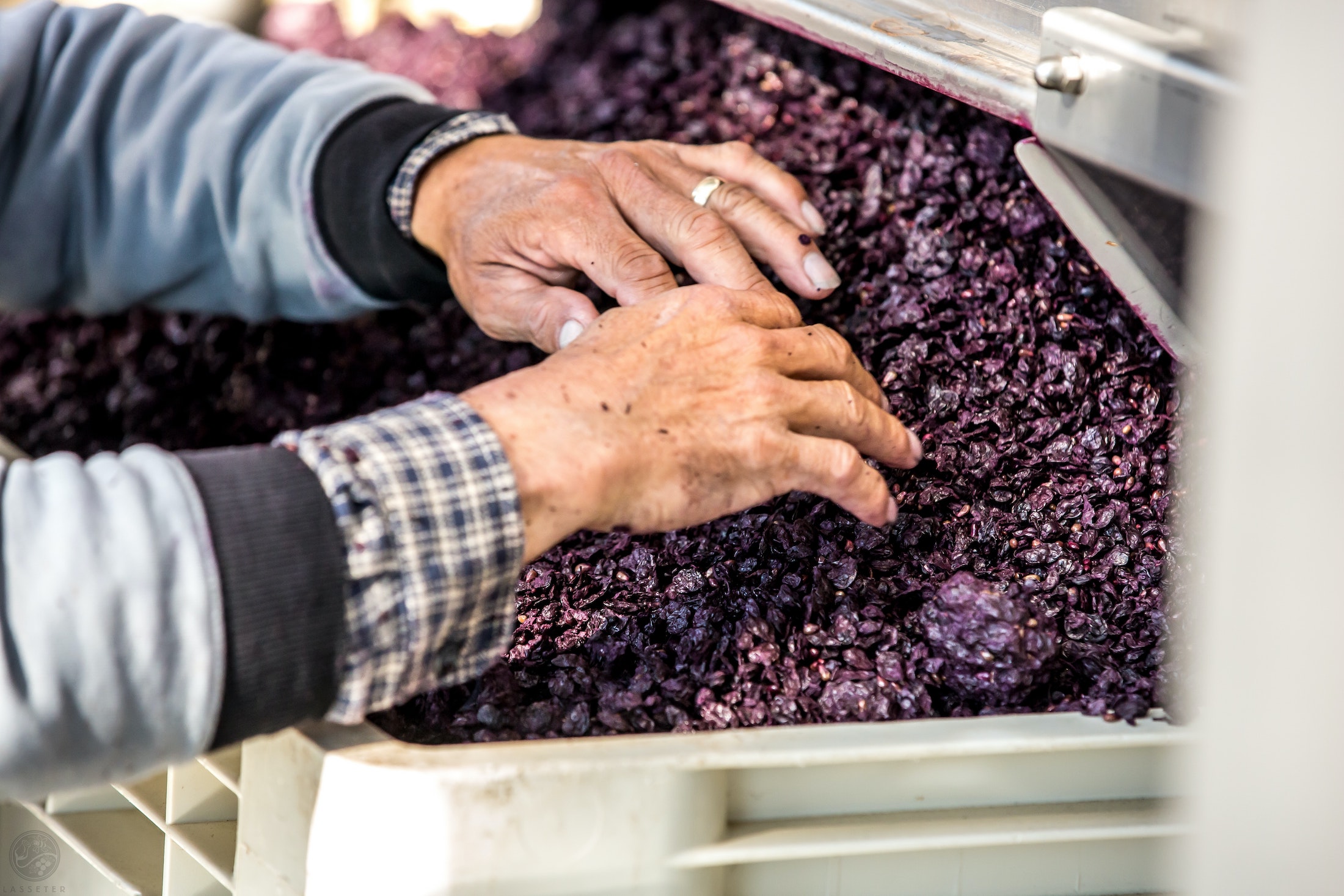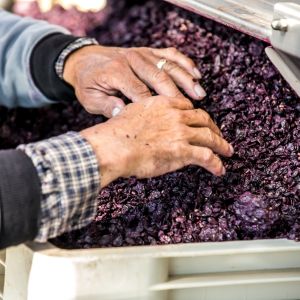
Resveratrol is a polyphenol, a naturally occurring highly powerful antioxidant. Although you can find it in peanuts, blueberries and cranberries, it’s most prominent in the skin of grapes and shines through in natural grape juice and red wine.
“Red wine is fermented with grape skins, so it contains resveratrol,” says Zumpano. “There is some resveratrol in white wine, but red wine contains three to 10 times more resveratrol compared to white wine.”
Like other antioxidants, resveratrol contains various protective qualities that may help your body carry on a number of daily processes and fight off illness. And while there’ve been numerous studies documenting a wide array of antioxidants’ potential benefits that include anti-aging effects, anti-cancer effects and more, many more studies need to be done on resveratrol alone. However, there are several properties of resveratrol that might make these benefits possible.
Credit source: Health Beneifts of Reseratrol
- Positively impacts brain and heart health
- Assists with increasing HDL and reducing LDL cholesterol
- Helps reduce blood clotting
- Potential side effects of resveratrol
Excepteur sint occaecat cupidatat non proident, sunt in culpa qui officia deserunt mollit anim id est laborum. Sed ut perspiciatis unde omnis iste natus error sit voluptatem accusantium doloremque laudantium, totam rem aperiam, eaque ipsa quae ab illo inventore veritatis et quasi architecto beatae vitae dicta sunt explicabo.
To benefit from resveratrol, Zumpano suggests working 1 gram of resveratrol into your diet each day, and that it’s important this comes from natural sources. A glass of wine or grape juice is OK, but turning to resveratrol supplements may not be the right path to take, as too much of a good thing can sometimes present negative effects.
…There’s a certain amount of resveratrol the body cannot absorb. it’s difficult to determine. As with most supplements, you’re going to absorb, & utilize it better from a real dietary source.”
Supplements aren’t regulated by the U.S. Food and Drug Administration (FDA), so you can never be certain you are getting the amount of resveratrol that a product claims it provides. Plus, anytime you can tap a natural source, you’re bound to benefit from it.
“There is a certain amount of resveratrol that your body cannot absorb and it’s difficult to determine that amount,” says Zumpano. “The case with most supplements is you’re certainly going to absorb it and utilize it much better from a real dietary source.”
Majority of page contact sourced from Cleveland Clinic


















